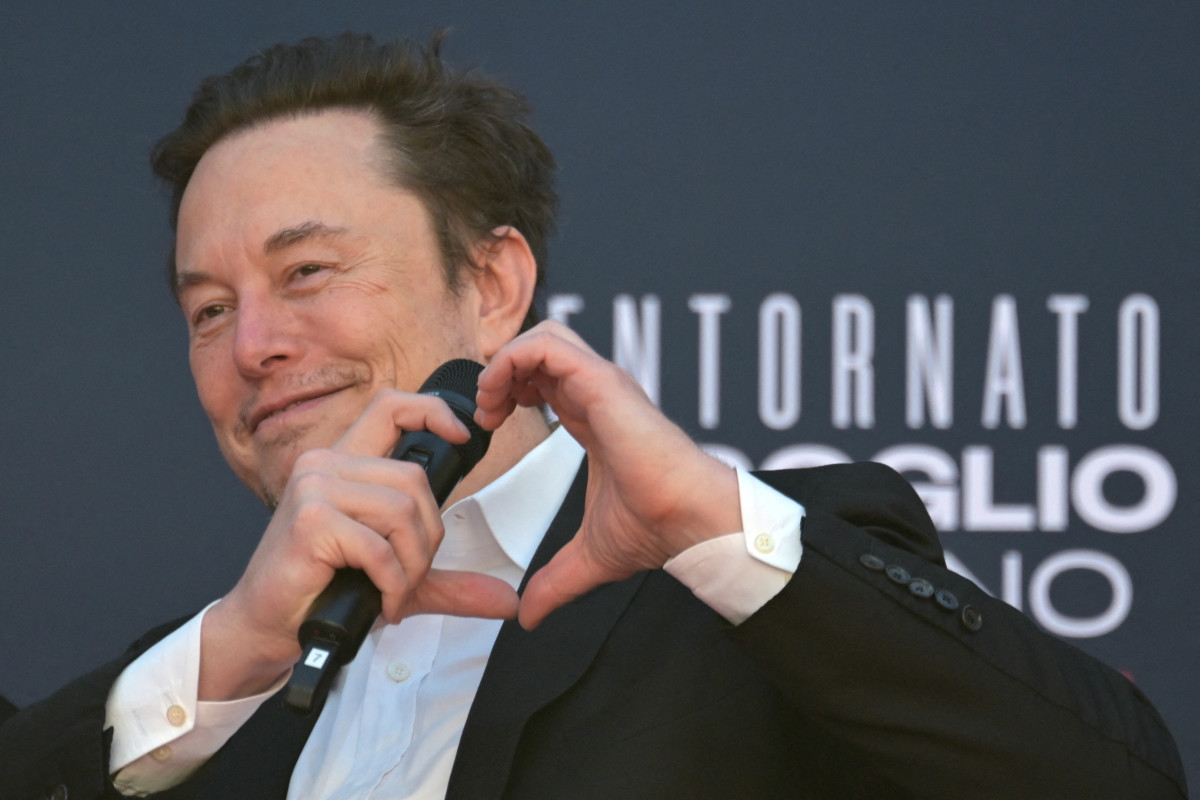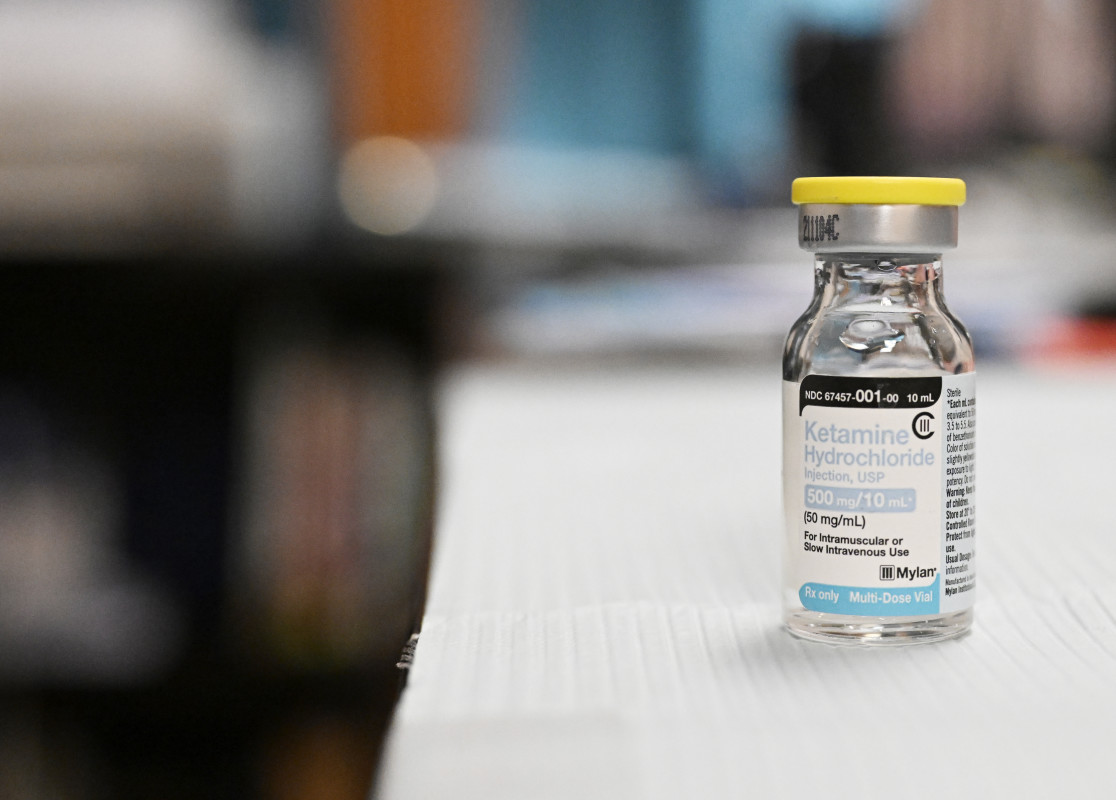
For someone who garners the attention of millions though traditional and social media on a daily basis, one of the major headlines still leaving a taste on the tip of the public's tongue about the wild, thought-provoking world of Elon Musk is a scathing report on his alleged drug use by The Wall Street Journal.
Related: Elon Musk denies any drug use following a scathing WSJ report
In the report published late on Jan. 6, the Tesla, (TSLA) SpaceX and X, formerly known as Twitter, figurehead was accused by unnamed sources of taking a cornucopia of recreational drugs, including including cocaine, ecstasy, LSD, ketamine and psilocybin (psychedelic mushrooms), while board members expressed their worries about his health and the swath of companies he oversees.
In response to the report, Musk called the WSJ report "comedy gold" in one of several different conversations with fans on his social media platform. In one notable response to a fan, he exclaimed that whatever drugs he was allegedly doing to lead Tesla and SpaceX to success, he "should obviously keep doing it."
… while simultaneously leading Tesla to be the world’s most valuable car company (Model Y is the selling vehicle on Earth) and SpaceX to be the world’s most valuable space company (~80% of all payload to orbit last year).
— Elon Musk (@elonmusk) January 8, 2024
Whatever I’m doing, I should obviously keep doing it!
Though a significant amount of time has passed since the WSJ report was published, the idea of Musk on drugs, among other controversies he is embroiled in, has not escaped many people's consciousness - as a recent media appearance reignited the flame.
Enter Don Lemon:
In a recent interview with Don Lemon first aired as part of a now-broken deal with Elon's social media platform, the former CNN host dug a new hole when it came to Elon's alleged drug use, firing a line of questions related to a doctor-written prescription Elon has for Ketamine.
According to a fact sheet by the Drug Enforcement Administration (DEA), Ketamine is a "dissociative anesthetic that has some hallucinogenic effects," which "distorts the perception of sight and sound and makes the user feel disconnected and not in control," and is "abused for the dissociative sensations and hallucinogenic effects."
In response to the Lemon's questions, he stated that he is prescribed ketamine by a doctor to regulate a "chemical imbalance like depression," adding that it is helpful for getting him "out of a negative frame of mind."
He later stated that "If someone has depression issues, they should consider going to their doctor about ketamine instead of SSRIs." (short for Selective serotonin reuptake inhibitors; prescription drugs that are sold under brand names like Zoloft, Lexapro and Prozac, which are used to treat a variety of mental health conditions like depression and anxiety.)
When questioned by Lemon if he "ever abused" ketamine, he stated that "if you use too much ketamine, you don't get any work done," defending his stance by stating he works "16-hour days."
Additionally, he said that he takes "a small amount once a week," and also told Lemon that "there are several weeks that will go by where I don't use [ketamine]."
"If there is a chemical state in your brain that you can't just 'think yourself' out of, then ketamine is helpful for getting out of that depressive mindstate," Musk said.
Musk did not confirm to Lemon if he was diagnosed with depression, calling it a "negative chemical mindstate" that occurs "once in a while."
"I think it's just a chemical tied to your brain, it's like a brain 'storm,'" Musk told Lemon.
Doctors give their input:

RJ Sangosti/MediaNews Group/The Denver Post via Getty Images/Getty Images
To understand the full picture about the medical usage of Ketamine, TheStreet reached out to two accredited medical professionals who specialize in alternative treatments including the use of Ketamine for a condition known as Treatment-Resistant Depression, or TRD.
According to Dr. Jacques Ambrose, the senior medical director of ColumbiaDoctors Psychiatry at New York Presbyterian/Columbia University Irving Medical Center and an assistant professor at the Columbia Vagelos College of Physicians and Surgeons, TRD is a condition that "is typically considered a subcategorization of major depressive disorder (MDD), where the symptoms haven’t significantly improved despite adequate and appropriate treatments," such as SSRIs.
"In other words, a patient with TRD is still having significant symptoms of depression despite receiving at least two prior antidepressant treatments, like SSRIs or SNRIs, for about four to eight weeks," Ambrose said in a statement to TheStreet.
In his line of work, Ketamine is classified as a type of antidepressant that treats depression in a different way, compared to traditional antidepressants like SSRIs. He says that "clinical usage of ketamine has been shown to help patients with TRD," and that the drug is available in a variety of different forms, such as intravenous injection (IV), intranasal (nasal spray) or oral formulations.
According to Ambrose, esketamine – an intranasal version of ketamine, has been FDA-approved for TRD since 2018, and for patients with MDD with acute suicidal ideation or behaviors since 2020.
To mitigate adverse effects and improve efficacy, Ambrose says that best practice for clinical use of Ketamine is by receiving treatments under the supervision of a psychiatrist, as most patients may not be aware of its interactions with other drugs they may be taking.
But as someone who has has clinical experience of "thousands of clinical encounters," Ambrose can say that "everyone may have a very different experience with ketamine."
"Some patients may report euphoric and very positive experiences; some may report terrifying and anxiety inducing experiences, and everything in-between. In addition, it takes specific psychiatric training to help patients contextualize their positive and negative in-session experiences and translate them into meaningful changes in their clinical symptoms — and ultimately, lasting positive impacts for their goals and lives," said Ambrose. "Along the same vein, due to the physiological effects of ketamine, we closely monitor patients’ vital signs to ensure the safety of their experiences."
More on Elon Musk:
- Investors have finally had enough of Tesla CEO Elon Musk
- Jim Cramer says Elon Musk has a ‘mental condition’
- Elon Musk makes an enormous promise for one of his more unusual ventures
"Chemical Imbalance"

However, when it comes to Elon Musk's specific situation, Massachusetts General Hospital physician and Harvard Medical School Instructor Dr. Peter Grinspoon stated that Musk's description of a "chemical imbalance" is very vague.
"Ketamine is sort of becoming mainstream care for treatment resistant depression. That's what it's approved for. But Musk isn't saying I have treatment resistant depression," Grinspoon told TheStreet. "[Chemical imbalance] is kind of vague. Like we all have chemical imbalances, right? When I'm craving a cup of coffee, I have a chemical imbalance till I get my first cup of coffee in the morning."
"Ketamine's approved for treatment resistant depression and you know, he's not saying he has treatment resistant depression. So it's an off-label use."
In a blog post in the Harvard Health Blog about ketamine use for treatment-resistant depression, Grinspoon documented his experience visiting several Boston-area Ketamine clinics, whose safeguards varied widely.
"Most of them seemed as if they would provide ketamine for me without any major hurdles, after an introductory medical interview by a nurse or a social worker. A few clinics required communication or a diagnosis from my psychiatrist — and this seemed quite sensible," he wrote.
"The clinics operate on a fee-for-service arrangement, so you would pay out of pocket, as insurance rarely covers this treatment. In the Boston area where I live, the ketamine infusions cost about $600 each, and a course of six infusions and a clinical re-evaluation are typically recommended."
In our conversation, he talked about the possibility of Musk attending these clinics, which posed an ethical question regarding medical access.
"It's sad," Grinspoon said. "It's amazing the potential ketamine has to help people with their moods, but it's sort of sad that it's only for the well to do."
Another aspect: Stigma of mental health and its treatment.
Online figures who are known for their regular criticism of Elon Musk, such as Twitch personality and political commentator Hasan Piker (Hasanabi), have pointed out that the mere action of bringing up the Tesla CEO's prescription falls on antiquated anti-drug tropes, likening Don Lemon's questioning about Musk's prescribed ketamine use to a theoretical journalistic low-blow.
"I think grilling [Elon Musk] about his prescribed drug use is crazy." Piker said on a March 18 livestream on Twitch. "Relying on the broader public not knowing enough about ketamine, for it to come across as controversial is f---ed up."
"I don't like Elon Musk [...], but this is one issue where [Don Lemon] is like, prodding."
As a doctor who has studied and published works on alternative treatments, such as those involving medical cannabis, Grinspoon pointed out that the trope used in the coverage of Musk's current and supposed former drug use is a tired one.
"Using drugs recreationally doesn't necessarily mean you can't be the head of a company again. Some people find it really enhances creativity and can hypothetically help you with that," Grinspoon said. "I didn't find the drugs per se to be as alarming as other people did, and I thought it was a little bit like an artifact of a war on drugs; the whole premise that like, just 'cause they're using drugs that are illegal means they're not a responsible person and shouldn't be in charge of things.'"
Additionally, Ambrose recognizes that a lot of work needs to be done to take away the stigma of both mental health conditions and its treatment.
"I want to validate that there are a lot of people hurting and suffering from medical conditions like depression, and we want to destigmatize the treatments to improve access to good clinical care. However, in demystification of the clinical and neuroscience aspects of psychiatric treatments, we want to promote the best clinical care while balancing the ethics and current research evidence for our psychiatric treatments without creating unreasonable expectations or misinformation, especially for vulnerable patients who are trying to get better."
Related: Veteran fund manager picks favorite stocks for 2024







